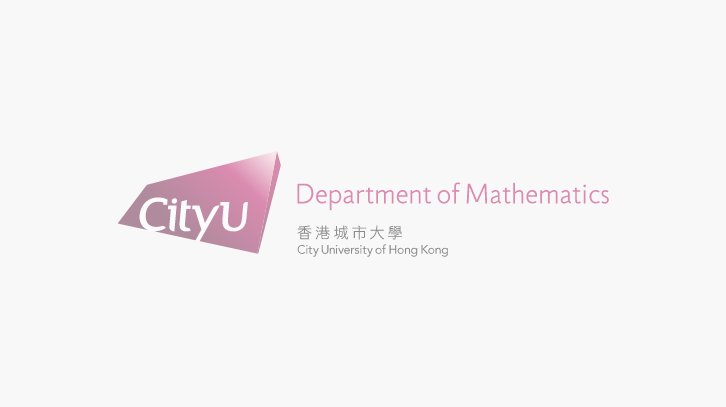Inverse problems for non-linear partial differential equations
ABSTRACT
In the talk we give an overview on how inverse problems can be used solved using non-linear interaction of the solutions. This method can be used for several different inverse problems for nonlinear hyperbolic or elliptic equations. In this approach one does not consider the non-linearity as a troublesome perturbation term, but as an effect that aids in solving the problem. Using it, one can solve inverse problems for non-linear equations for which the corresponding problem for linear equations is still unsolved. For the hyperbolic equations, we consider the non-linear wave equation on a Lorentzian manifold and the source-to-solution map that maps a source , supported in an open domain , to the restriction of in . Under suitable conditions, we show that the observations in , that is, the map , determine the metric in a larger domain which is the maximal domain where signals sent from can propagate and return back to . We apply non-linear interaction of solutions of the linearized equation also to study non-linear elliptic equations. For example, we consider in with the boundary condition . For this equation we define the Dirichlet-to-Neumann map . Using the high-order interaction of the solutions, we consider various inverse problems for the metric and the potential .
Registration URL:
https://cityu.zoom.us/meeting/register/tJApc-GqqzkuGd3Lhyw1W6bkd470yNF4t3xY
